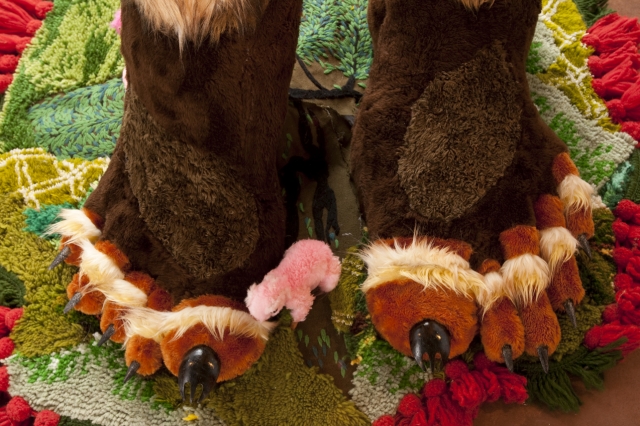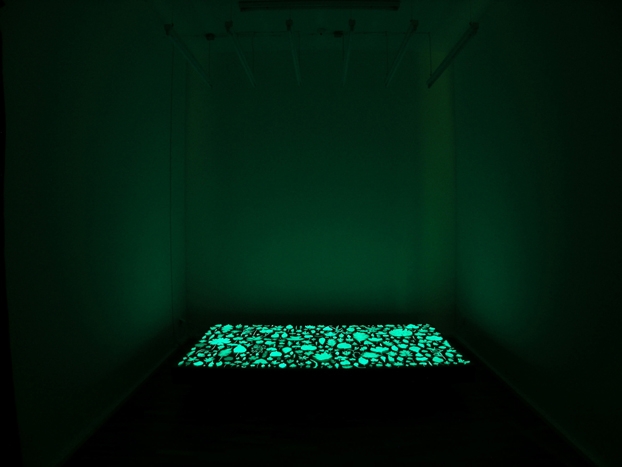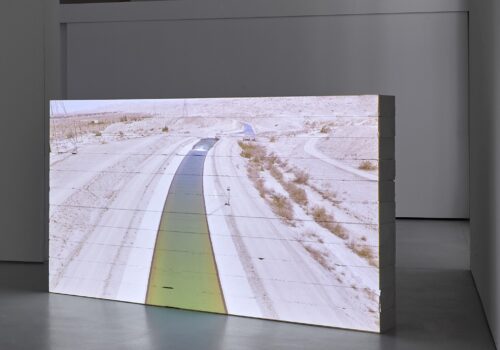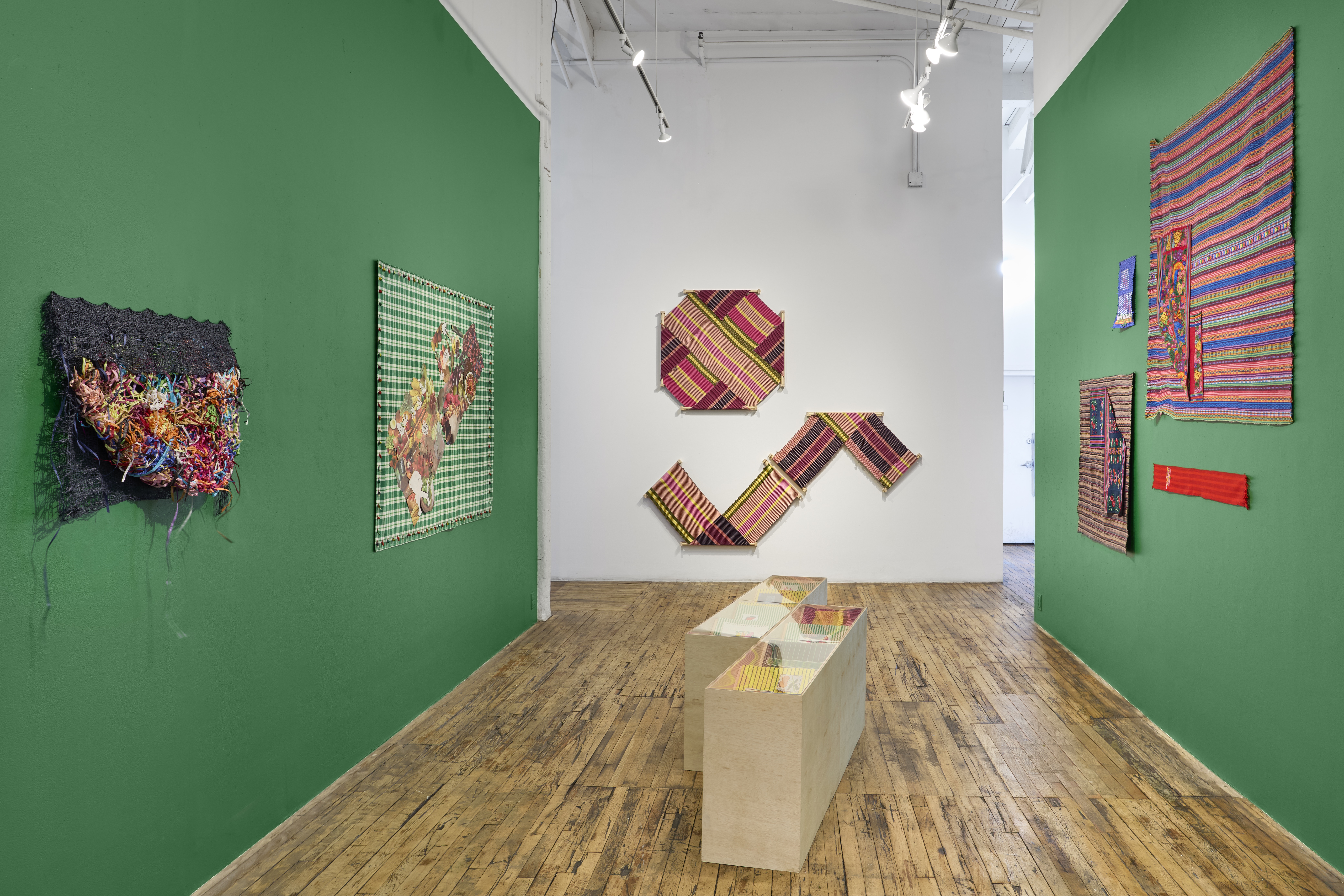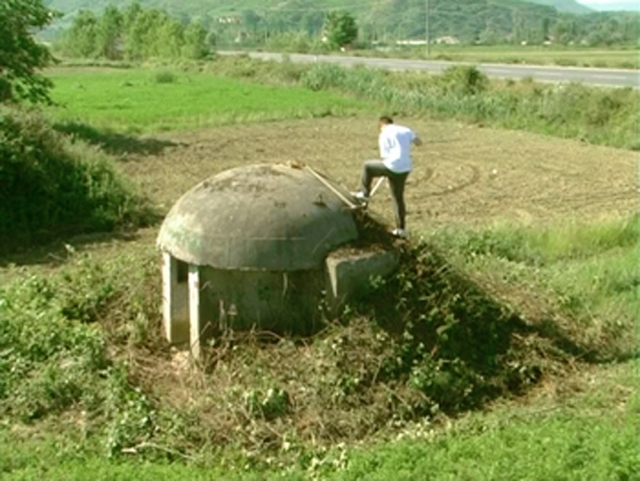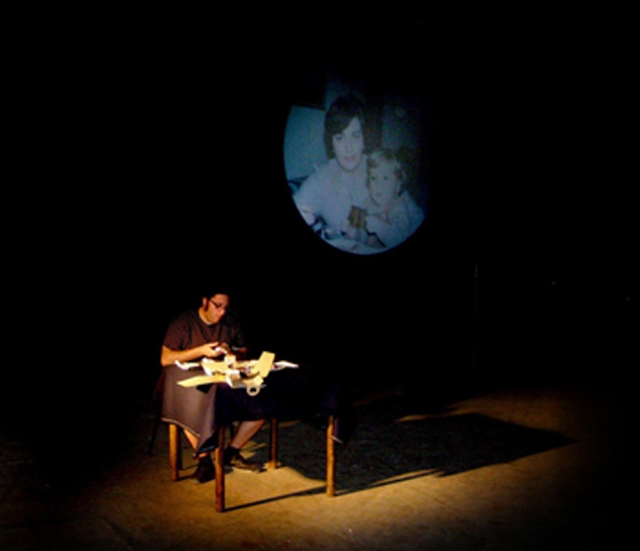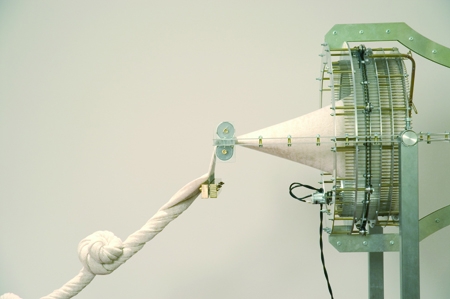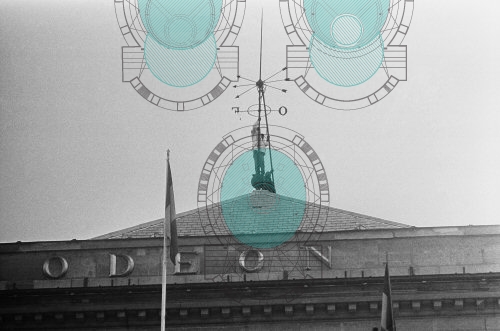ISCP TalkFebruary 23, 2010
Salon: Allyson Mitchell (Canada) and Nami Yamamoto (Japan/USA)
Allyson Mitchell is a maximalist artist working in sculpture, performance and film. Her practice melds feminism and pop culture to trouble representations of women, sexuality and the body. Her works have been exhibited at the Textile Museum of Canada, MOCCA, the Warhol Museum, Walker Art Center, and the BFI. Her ongoing aesthetic/political project, Deep Lez advocates a return to the histories of radical and lesbian feminisms and has been taken up by lgbtq activists and artists through alternative curatorial projects.
Nami Yamamoto explores transitory states in the natural world, both structural and phenomenological through her drawings and installations, Yamamoto explores transitory states in the natural world, both structural and phenomenological. Fascinated by moments of “in-between”, her work calls attention to states of flux or transitions from one state to another, translated through a variety of diverse materials. Yamamoto, a native of Nagoya, Japan, lives and works in Philadelphia, PA. She received her BFA from Aichi Prefectural University of Fine Arts and Music, Aichi, Japan, and MFA from Maryland Institute, College of Art, Mount Royal Graduate School of Art, Baltimore, MD.
